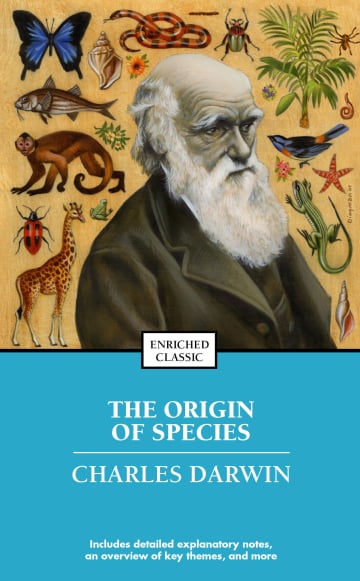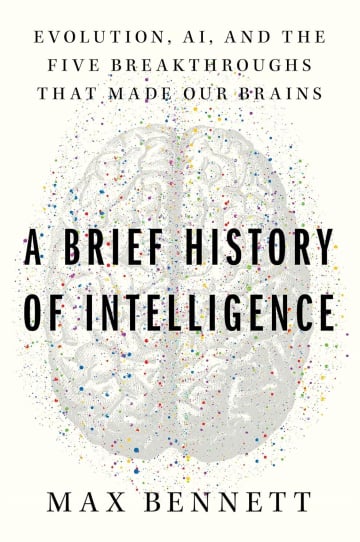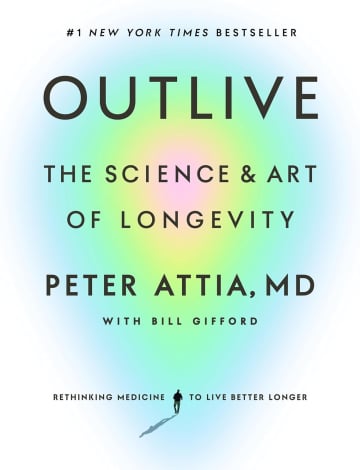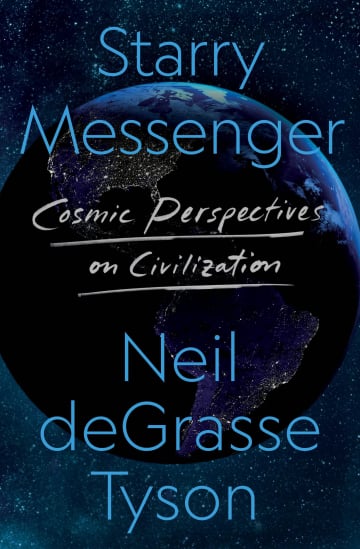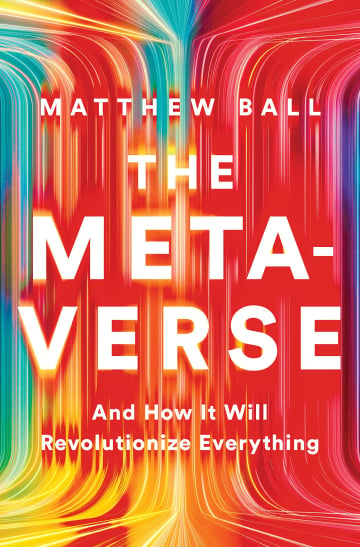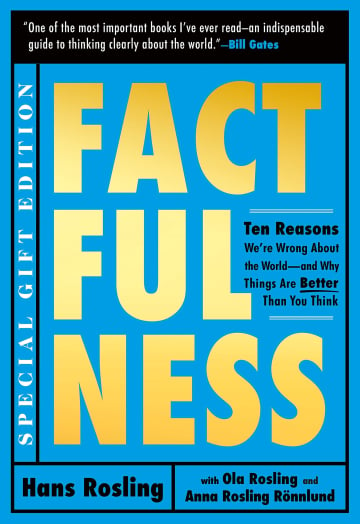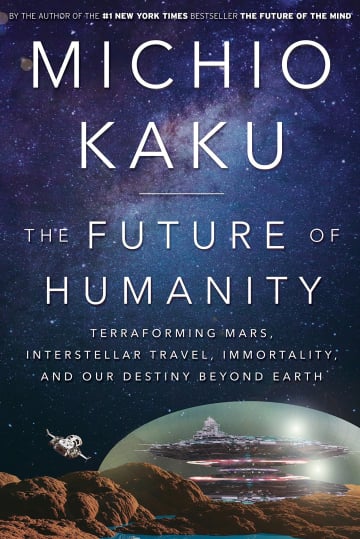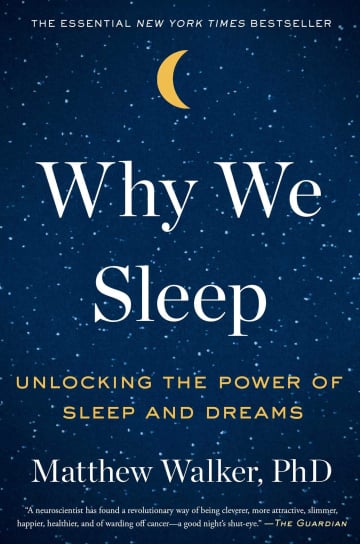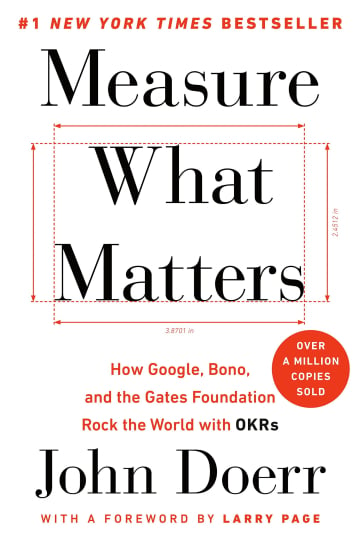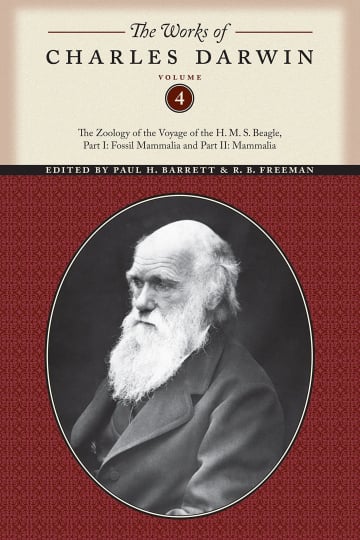
The Descent of Man
⚡️ 10 Quotes from the book
“Ignorance more frequently begets confidence than does knowledge: it is those who know little, and not those who know much, who so positively assert that this or that problem will never be solved by science.”
“All animals living in a body, which defend themselves or attack their enemies in concert, must indeed be in some degree faithful to one another; and those that follow a leader must be in some degree obedient.”
“A moral being is one who is capable of comparing his past and future actions or motives, and of approving or disapproving of them.”
“Slavery, although in some ways beneficial during ancient times, is a great crime; yet it was not so regarded until quite recently, even by the most civilized nations. And this was especially the case, because the slaves belonged in general to a race different from that of their masters.”
“Sympathy beyond the confines of man, that is, humanity to the lower animals seems to be one of the latest moral acquistions.”
“The highest possible stage in moral culture is when we recognise that we ought to control our thoughts.”
“The aid which we feel impelled to give to the helpless is mainly an incidental result of the instinct of sympathy, which was originally acquired as part of the social instincts, but subsequently rendered, in the manner previously indicated, more tender and more widely diffused.”
“The great variability of all the external differences between the races of man, likewise indicates that they cannot be of much importance; for if important, they would long ago have been either fixed and preserved, or eliminated.”
“The moral nature of man has reached its present standard, partly through the advancement of his reasoning powers and consequently of a just public opinion, but especially from his sympathies having been rendered more tender and widely diffused through the effects of habit, example, instruction, and reflection.”
“Man still bears in his bodily frame the indelible stamp of his lowly origin.”
Related videos
Follow the author

Charles Darwin
Ask Albert:
Rate the book
⚡️ Discover Even More Bookish Wisdom
recommends
recommends
recommends
recommends
